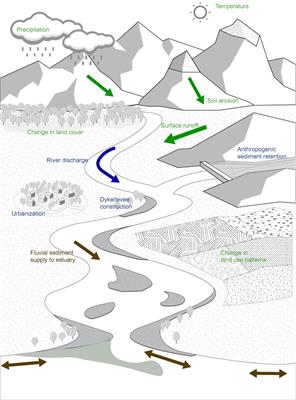EDITORIAL
Published on 01 Nov 2021
Editorial: Coasts Under Changing Climate: Observations and Modeling
doi 10.3389/fmars.2021.785608
- 1,166 views
- 3 citations
18k
Total downloads
110k
Total views and downloads
You will be redirected to our submission process.
EDITORIAL
Published on 01 Nov 2021
ORIGINAL RESEARCH
Published on 28 May 2021

ORIGINAL RESEARCH
Published on 13 Jan 2021

ORIGINAL RESEARCH
Published on 16 Dec 2020

ORIGINAL RESEARCH
Published on 10 Jul 2020

ORIGINAL RESEARCH
Published on 03 Jul 2020

ORIGINAL RESEARCH
Published on 28 May 2020

ORIGINAL RESEARCH
Published on 29 Apr 2020

ORIGINAL RESEARCH
Published on 24 Apr 2020

ORIGINAL RESEARCH
Published on 18 Mar 2020

ORIGINAL RESEARCH
Published on 21 Feb 2020

ORIGINAL RESEARCH
Published on 01 Oct 2019

